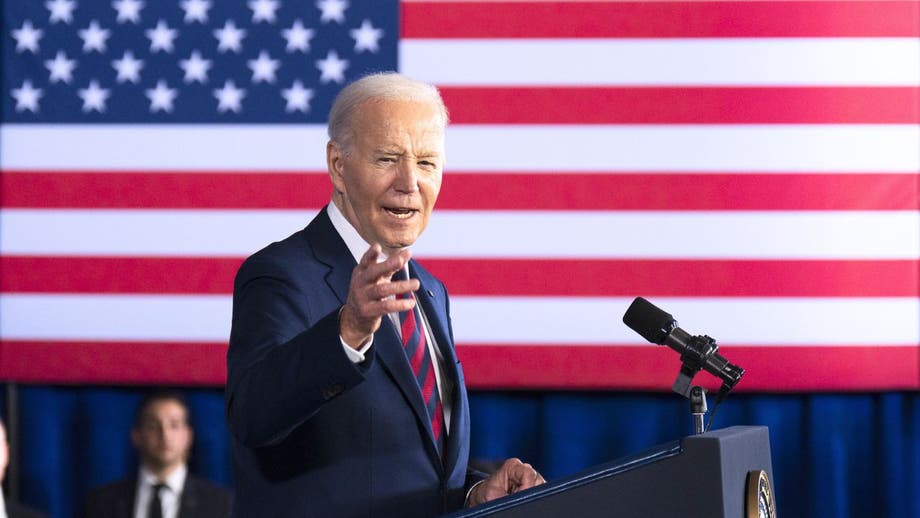Brazil's Supreme Court has voted to decriminalize possession of marijuana for personal use, becoming one of the last nations in Latin America to do so. This decision aims to reduce the country's substantial prison population, where individuals caught with small amounts of drugs are disproportionately convicted on trafficking charges.
Brazil's Supreme Court has made history by voting to decriminalize possession of marijuana for personal use, marking a significant shift in the nation's drug policy. This decision, which has been in the works since 2015, aligns Brazil with other Latin American countries that have taken similar steps to reduce the burden on their prison systems.

Brazil Decriminalizes Marijuana Possession, Reducing Massive Prison Population
With a majority of the 11 justices voting in favor of decriminalization, Brazil joins a growing number of nations embracing a more progressive approach to drug control. The justices still need to determine the maximum quantity of marijuana that will be considered for personal use, a detail that is expected to be finalized as early as Wednesday.
Despite the decriminalization of possession, selling drugs remains illegal in Brazil. This distinction is crucial in addressing the issue of mass incarceration, as many individuals caught with small amounts of drugs are often charged with trafficking and face harsh penalties.

Brazil Decriminalizes Marijuana Possession, Reducing Massive Prison Population
Experts have denounced Brazil's previous drug law as vague, lacking clear guidelines for law enforcement and judges to differentiate between personal use and drug trafficking. This ambiguity has resulted in the arrest and imprisonment of numerous individuals who pose minimal risk to society.
According to Ilona Szabó, president of the Igarapé Institute, a think tank focusing on public security, "The majority of pre-trial detainees and those convicted of drug trafficking in Brazil are first-time offenders, who carried small amounts of illicit substance with them, caught in routine police operations, unarmed and with no evidence of any relationship with organized crime."
The Supreme Court's decision has been met with mixed reactions. Activists and legal scholars have welcomed the move, emphasizing the need for a public health approach to drug policy rather than a punitive one. However, some legislators have responded by advocating for stricter drug legislation, potentially complicating the legal picture surrounding marijuana possession.
The Senate recently approved a constitutional amendment criminalizing possession of any quantity of illicit substance, while the lower house's constitutional committee has given its nod to the proposal. If lawmakers pass such a measure, it would take precedence over the top court's ruling but could still be challenged on constitutional grounds.
Brazil's prison population has become the third largest in the world, with approximately 852,000 individuals deprived of liberty as of December 2023. Of those, nearly 25% were arrested for possession of drugs or trafficking. Black citizens are disproportionately represented in Brazilian jails, accounting for over two-thirds of the prison population.
Studies have shown that Black individuals are slightly more likely to be indicted as traffickers than white people for drug-related offenses. This disparity highlights the need for reforms that address systemic racism within the criminal justice system.
The Supreme Court's ruling has sparked debate and discussion among Brazilians, some of whom have expressed both support and opposition to the decision. Others have criticized both the Supreme Court and Congress for not aligning with the views of the majority.
In the wake of the Supreme Court's decision, Brazil is navigating a complex landscape of drug policy. While the decriminalization of possession is a step towards reducing mass incarceration, the legal status of marijuana remains fluid as Congress considers tightening drug legislation. Only time will tell how these developments will shape the future of drug policy in Brazil.










